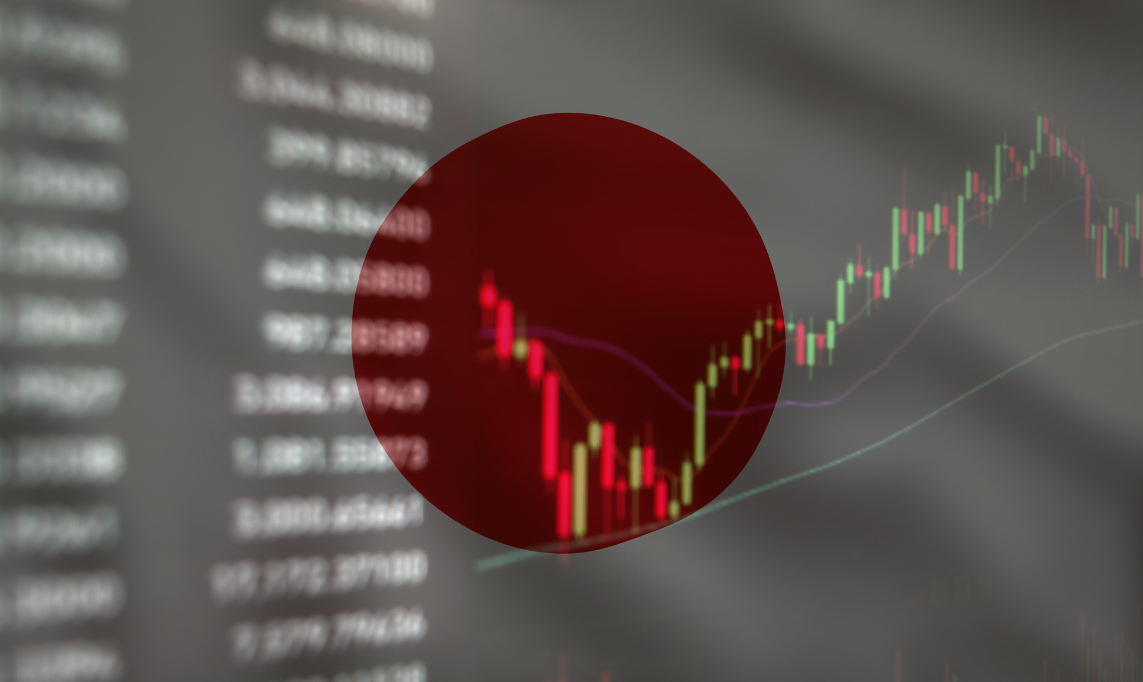/resolutions/res-l1680x10000/192331223_l-(1).jpg)
The reaction of financial markets one year after the outbreak of war
A little over a year later, a bloody war is still being fought in Ukraine, which, apart from the many casualties, has changed the geopolitical balance on the planet, marking a deep rift between Russia, Europe and the West.
Kiev, 24 February 2022, 4.30 a.m. In a capital that until a few weeks before was full of open bars, restaurants and theatres, a few explosions are heard. They are the ones that mark the Russian army's attack on Ukraine, initiating a conflict that had been foretold for days by US intelligence but was unexpected for much of Western public opinion. What initially appeared to be a flash war, however, was not. A little over a year after that night, a bloody war is still being fought in Ukraine that, in addition to the casualties on the ground and among civilians, has changed the geopolitical balance of the planet, marking a deep rift between Russia, Europe and the West.
Such an event, as anyone who has followed the financial chronicles of the past year knows, could not fail to have consequences on the financial markets. Changing the world's geopolitical balances, as the war has done, also means altering (at least in the short term) the stability of the stock markets, which certainly do not like uncertainty and which have also seen a changed macroeconomic picture, with an inflationary shock that has affected the global economy in a widespread manner due to the increase in commodity prices linked, firstly, to the strong restart of activities after the post-pandemic reopening and, secondly, to the rise in energy prices as a consequence of the Russian-Ukrainian conflict.
The balance on the financial markets
2022 was a year to forget for both equities and bonds, the latter being particularly affected by the rapid increase in interest rates by central banks to contain the sharp acceleration in inflation. 2023, however, has begun under the banner of optimism as the international financial markets seem to have found a new equilibrium, although many expect new phases of volatility. And so, looking at the performance of the main indices from mid-February 2022 (before the conflict began) to today, we can see that there are many listings with a balance sheet that is even positive, after having suffered heavy declines last year. This is the case, for example, of the Ftse Mib of Piazza Affari which, in a little over a year, has risen by around 6%, largely due to the performance of the last six months (+28%). Between mid-February 2022 and early March 2023, the performance of London's Ftse 100 (around +3% in euro terms) and Paris' Cac 40 (+7.6%) is also positive.
Very disappointing performance for the US Nasdaq technology index (down about 10% since February last year in euro). In fact, the hi-tech sector has been the real 'calamity' of the markets over the past two years. After the exploit of 2020-2021, with the outbreak of the pandemic that brought to light all the importance of the digital world, technology stocks have instead been snubbed by investors in the last two years, to the advantage of more traditional and previously overlooked sectors such as energy.
It is no coincidence that it is precisely the shortage of energy commodities exacerbated by the war that has caused the price of natural gas to soar. On the Amsterdam market, Europe's main gas trading list, this commodity is now trading at around EUR 46 per megawatt hour, almost three times higher than historical averages. However, this is a far cry from the highs above EUR 300 reached in August 2022, when Western countries feared they would have to spend the winter in the cold due to a shortage of Russian supply.
Fortunately, this shortage did not occur, demand fell, and European countries equipped themselves to diversify their supply sources. The fact remains that the price of gas is not what it once was. Keeping it company are Brent oil prices. This energy commodity has not suffered the same shock as gas and today sails at a price above 80 dollars per barrel, in line with pre-war prices. With the international stock exchanges and commodities on the seesaw, there is also one financial centre whose performance speaks for itself. It is the Moscow stock exchange, which has lost around 25% in euro terms since February last year, abandoned by many Western investors who were not looking at it with any particular enthusiasm. Speaking of Russia, the Bloomberg Billionaires Index, which measures the wealth of the Planet's billionaires, recently unveiled another not insignificant fact. The 23 Russian billionaires who are part of the club of the 500 richest people in the world have seen the value of their assets drop by 20% in one year: it was $339 billion before Vladimir Putin's forces invaded Ukraine, today it has depreciated by $67 billion compared to then. Even these numbers, in their 'small' way, somehow measure the rift between Moscow and the West.


